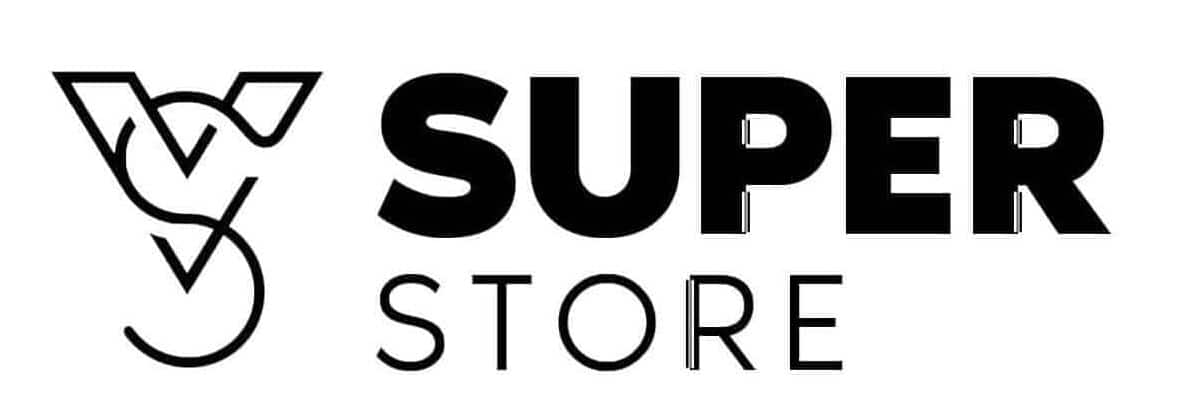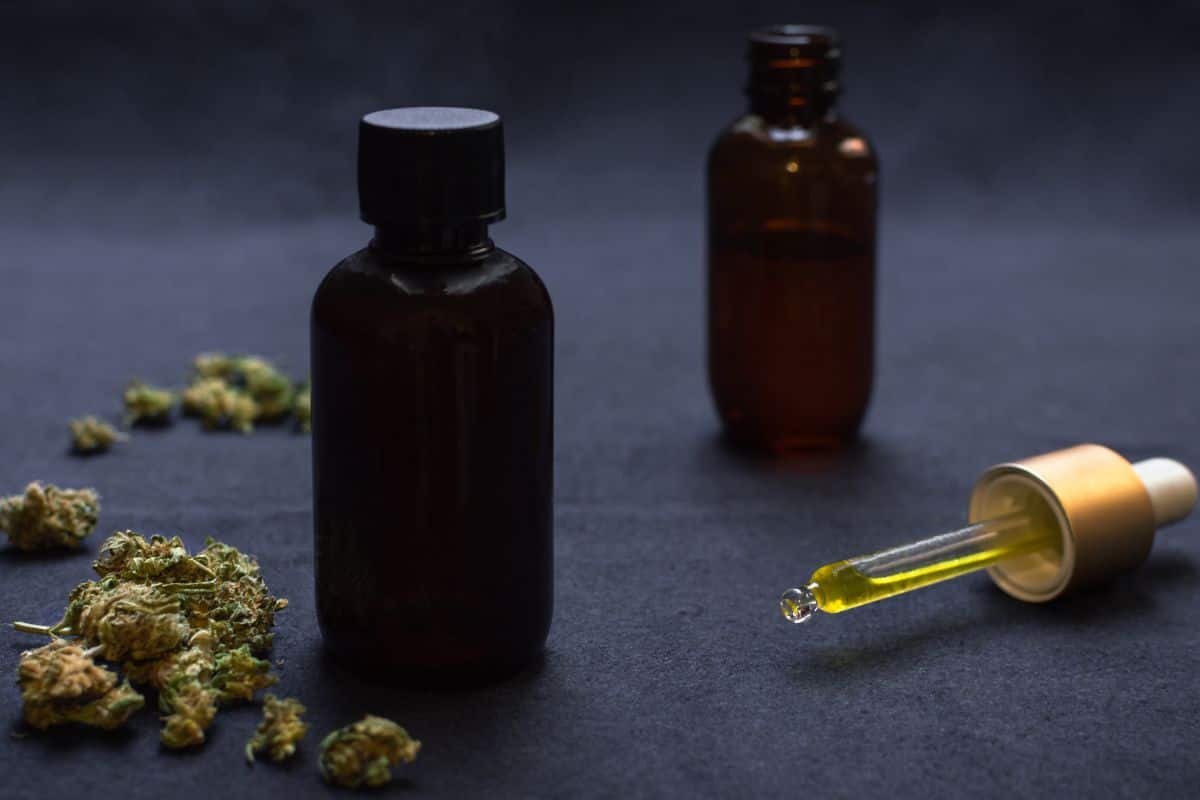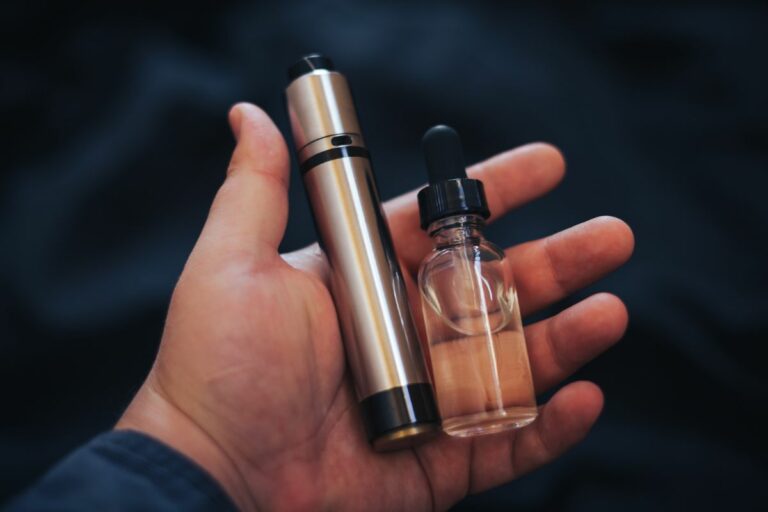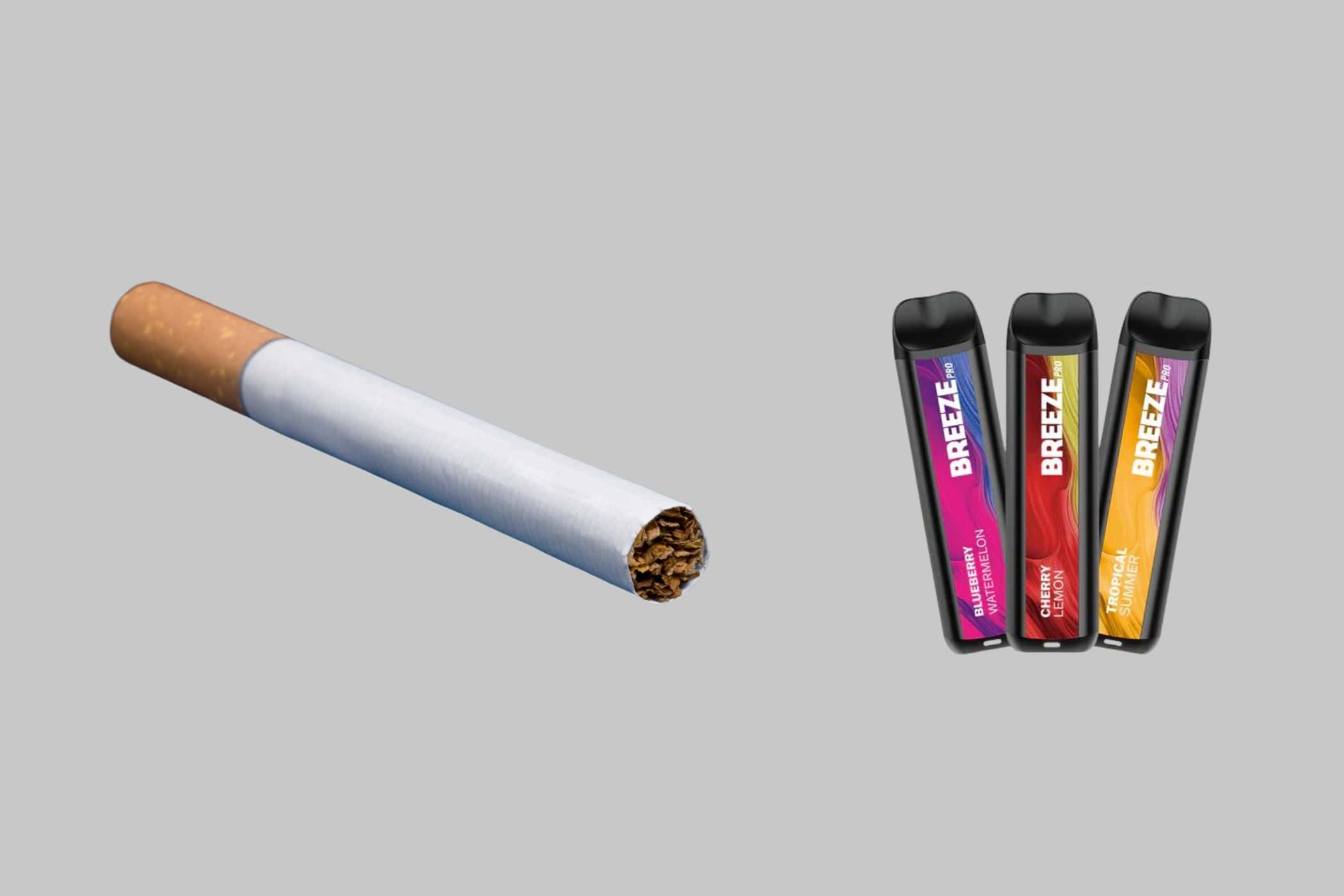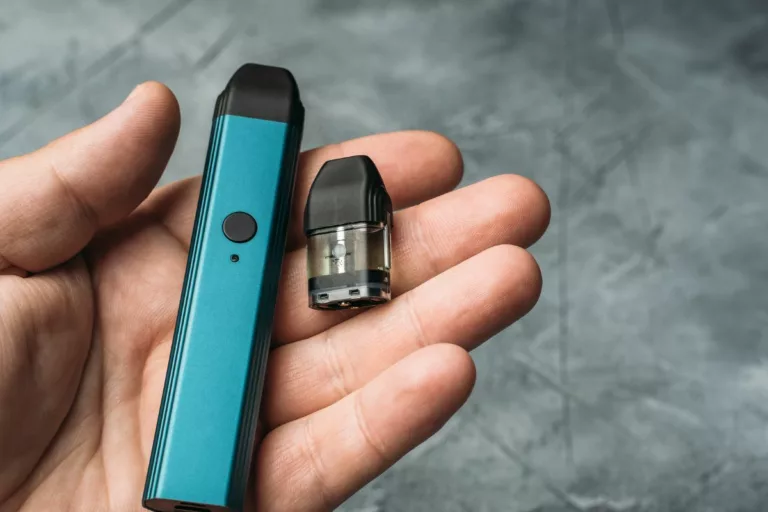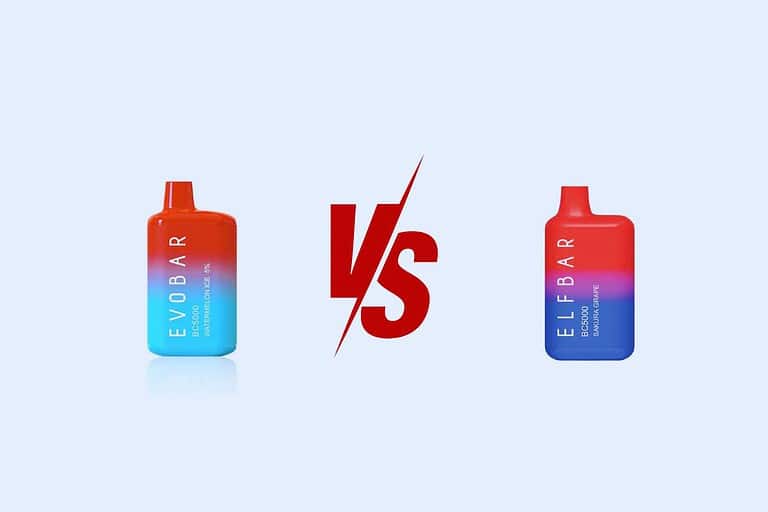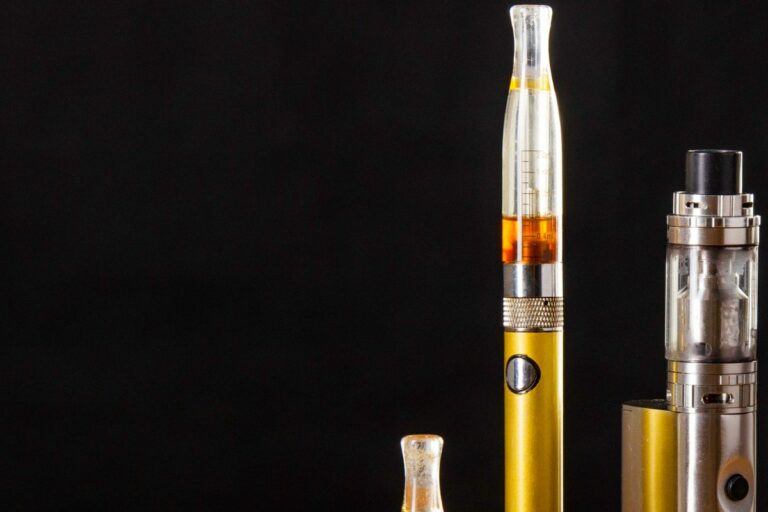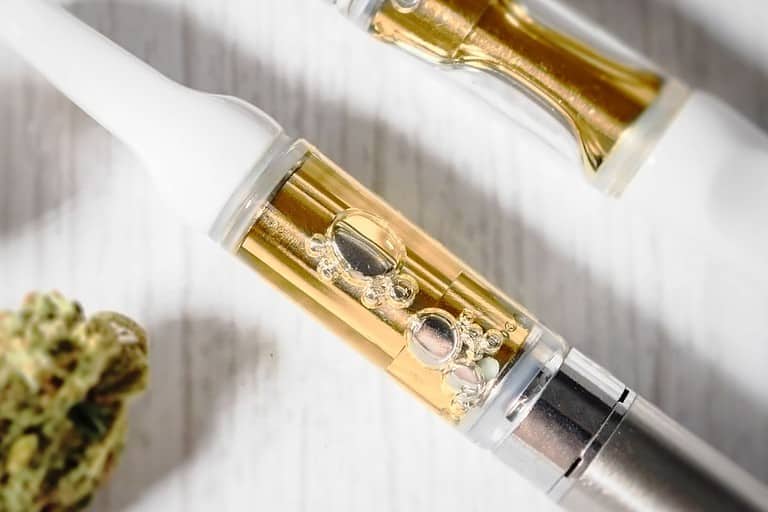Delta 6 THC vs Delta 8 THC: A Comprehensive Comparison
Delta 6 THC and Delta 8 THC are two distinct forms of tetrahydrocannabinol (THC), the most well-known psychoactive component found in the cannabis plant. They are both isomers of THC, meaning they share the same molecular formula but have distinct structures and properties. As researchers continue to explore the potential benefits and effects of these cannabinoids, it is essential to understand their similarities and differences.
Delta 6 THC is a less common isomer and has received relatively limited attention in comparison to its more prominent cousin, Delta 8 THC. On the other hand, Delta 8 THC has gained popularity due to its milder psychoactive properties and potential therapeutic benefits, such as alleviating anxiety and pain, amongst other advantages. You can learn more about Delta 8 THC and how it can enhance your CBD experience at What is Cloud 8.
NEW CUSTOMER DISCOUNT
Save 15%
15% OFF YOUR ENTIRE ORDER FOR NEW CUSTOMERS USE CODE WELCOME15!
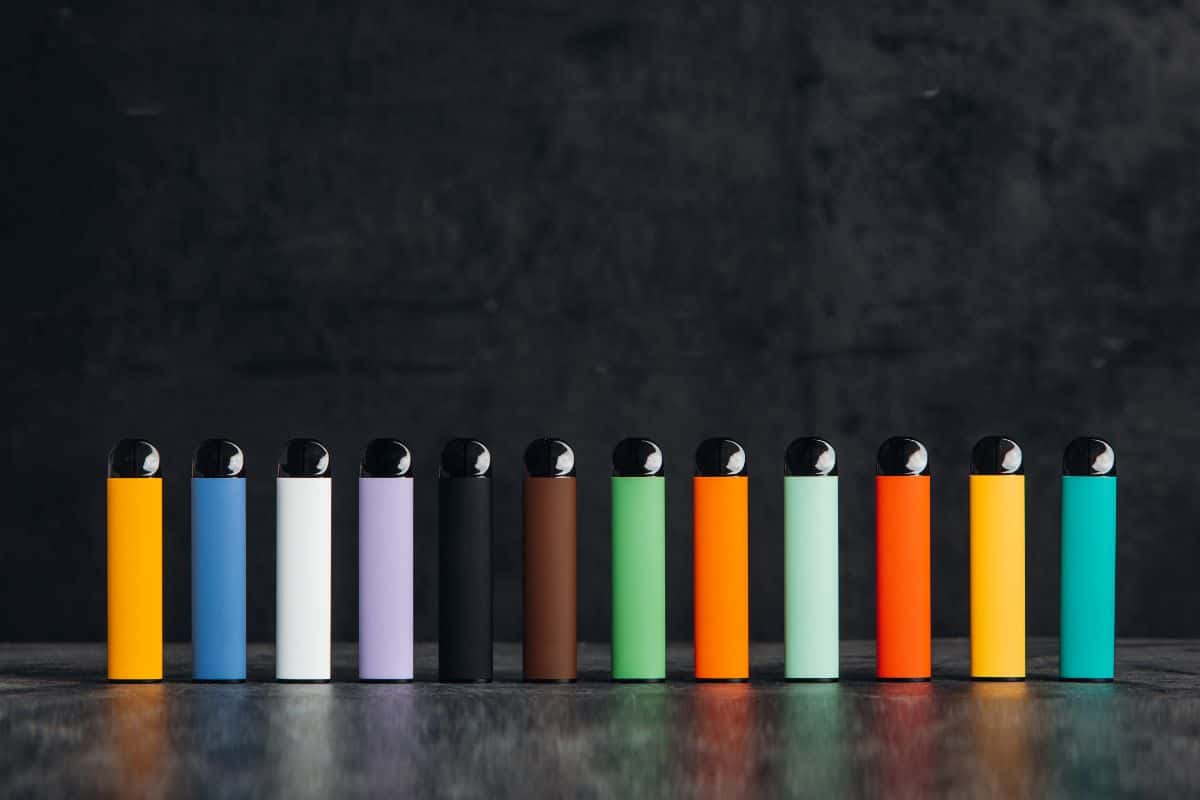
In conclusion, understanding the differences between Delta 6 THC and Delta 8 THC can help you make informed decisions about incorporating these cannabinoids into your routine. As research progresses, it is crucial to stay aware of potential benefits, side effects and how their various properties can impact your overall well-being.
Table of Contents
Understanding THC
Tetrahydrocannabinol (THC) is a cannabinoid found in cannabis plants and is responsible for the psychoactive effects associated with marijuana use. There are different forms of THC, which have slight differences in their chemical structure and effects on users.
Delta-9 THC is the most well-known and potent form of THC, producing the strong psychoactive effects typically associated with marijuana. Due to its high potency, Delta-9 THC has been extensively studied and is the primary focus of most cannabis-related research.
In recent years, however, interest has grown in other forms of THC, particularly Delta-8 and Delta-6 THC. Delta-8 THC is a less potent form of THC, with a chemical structure that differs slightly from Delta-9 THC. This difference results in milder psychoactive effects, making Delta-8 THC an attractive option for those seeking the benefits of THC without the intense high associated with Delta-9.
The research on Delta-6 THC is still in its infancy, but it is gaining attention due to its unique chemical structure and potential applications. Like Delta-8 and Delta-9 THC, Delta-6 THC is a cannabinoid and is thought to have some psychoactive properties. However, the exact effects and potency of Delta-6 THC are not yet well understood, and further research is needed to determine its potential benefits and risks.
As our understanding of THC and its various forms continues to grow, it is crucial for researchers, policymakers, and consumers to remain informed and cautious in incorporating these cannabinoids into their lives. With careful study and responsible use, THC and its derivatives may offer a variety of benefits for medical and recreational purposes.
Delta 6 THC Characteristics
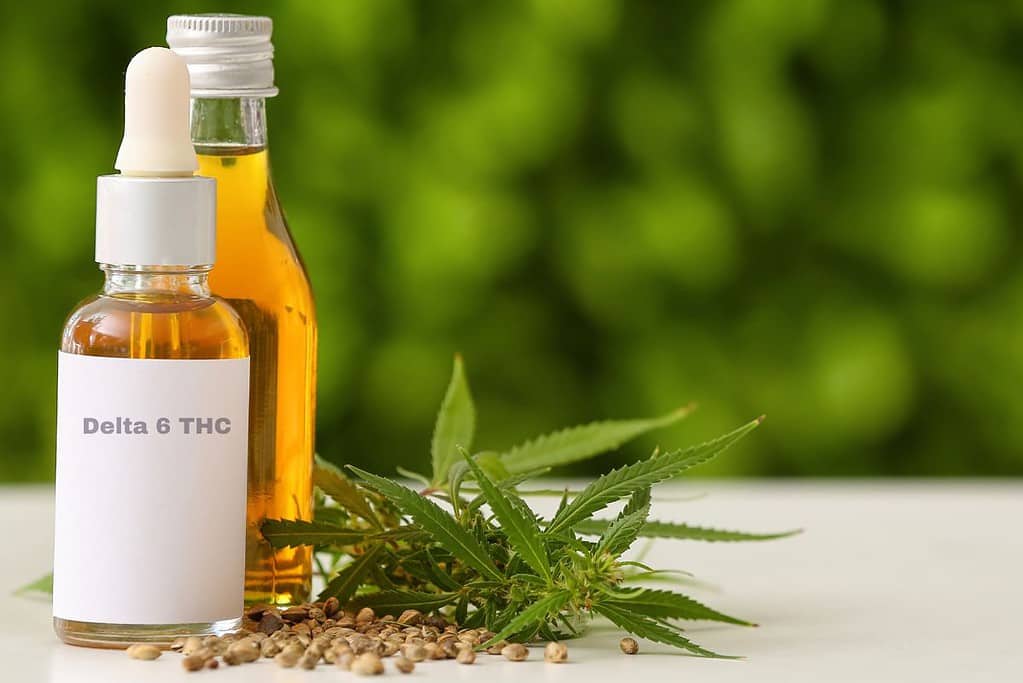
Delta 6 THC is a lesser-known cannabinoid found in the cannabis plant. Chemically, it has a distinct structure that sets it apart from other cannabinoids, such as Delta 8 THC. Although understudied, Delta 6 THC has demonstrated potential benefits, including its anti-inflammatory properties.
As a psychoactive cannabinoid, Delta 6 THC is known to interact with the endocannabinoid system within the human body. However, the psychoactive effects of Delta 6 THC are still not completely understood. Research efforts are currently focused on elucidating the specific mechanisms through which Delta 6 THC impacts the body and mind.
Like other cannabinoids, Delta 6 THC’s psychoactive properties are activated upon heating the cannabis plant material. This process is known as decarboxylation, transforming non-psychoactive precursors like THCA into their active form, such as THC. For example, when cannabis is heated, THCA is converted into THC, unlocking its psychoactive properties.
While Delta 8 THC has garnered more attention in recent years due to its unique pharmacological profile, Delta 6 THC presents an opportunity for further investigation. As research on this cannabinoid continues, it is possible that new therapeutic applications and benefits may be discovered, adding to the growing body of knowledge surrounding the cannabis plant and its myriad compounds.
Delta 8 THC Description
Delta 8 THC is a less commonly known cannabinoid derived from the cannabis plant. It is similar to its more popular cousin, delta-9 THC, but it has a slightly different chemical structure. This difference in structure results in somewhat altered psychoactive effects compared to delta-9 THC.
Like other cannabinoids, delta 8 THC interacts with the body’s endocannabinoid system, which is responsible for regulating various physiological processes such as mood, appetite, and pain. Delta 8 THC is known to have several potential benefits, including providing a sense of calm, relieving stress, and improving focus. However, research on its effects and therapeutic potential is still in its early stages.
When it comes to psychoactive properties, delta 8 THC is considered to be less potent than delta-9 THC. As a result, the “high” it produces is usually described as more mild and manageable, with users reporting a clearer-headed experience compared to the sometimes intense effects of delta-9 THC. It is important to note that the psychoactive effects of delta 8 THC may vary depending on the individual’s tolerance and sensitivity, as well as the method of consumption.
Delta 8 THC can be found in various forms, such as edibles, tinctures, and vape products like the Torch Onyx Liquid Diamonds Disposable Vape. As with any cannabis-derived product, it is crucial for consumers to be aware of their local laws and regulations regarding the use and possession of delta 8 THC, as well as to exercise caution and moderation when using it for the first time.
Comparative Analysis
| Characteristic | Delta-6 THC | Delta-8 THC |
|---|---|---|
| Chemical Structure | Hexahydrocannabinol | Tetrahydrocannabinol |
| Psychoactive Effects | Mild, less psychoactive | Moderate psychoactive |
| Legal Status | Varies by jurisdiction, often not explicitly regulated | Varies by jurisdiction, may be explicitly regulated |
| Source | Naturally occurring in very small amounts in some cannabis strains | Derived from hemp or cannabis through chemical processing |
| Availability | Less common, limited products | More widely available in various products |
| Potential Benefits | Limited research, potential for medicinal use | Moderate research, potential for medicinal use |
| Intoxication | Less likely to cause intense euphoria or anxiety | Can cause stronger intoxication for some users |
| Side Effects | Limited data, but milder effects expected | Some side effects may include dry mouth, increased heart rate, and paranoia |
| Drug Testing | May result in positive THC tests, depending on metabolites | Likely to result in positive THC tests, depending on metabolites |
| Regulatory Oversight | Less scrutiny and regulation due to rarity | Subject to more scrutiny and regulations due to increasing popularity |
| Consumer Experience | Often described as a subtle high, more functional | Typically produces a more traditional THC high, but less intense than Delta-9 THC |
| Potential for Abuse | Lower potential for abuse compared to Delta-9 THC | Some potential for abuse due to psychoactive effects |
| Research Status | Limited research, mostly anecdotal | Ongoing research to understand its effects and potential uses |
Delta 6 THC and Delta 8 THC are two of the numerous cannabinoids found in cannabis plants. While both compounds share similarities, they also have distinct differences in terms of psychoactive effects and chemical structures.
Delta 6 THC is relatively obscure compared to its more well-known counterparts, such as Delta 8 THC and Delta 9 THC. Little research has been conducted on this compound, making it challenging to determine its exact properties and effects. In contrast, Delta 8 THC has gained considerable attention in the cannabis industry for its milder psychoactive effects than its more potent cousin, Delta 9 THC. This study provides detailed comparisons between the oral and intravenous administration of Delta 8 THC and Delta 9 THC.
The chemical structure of these two cannabinoids varies slightly. Despite having similar molecular formulas, the arrangement of carbon and hydrogen atoms in each compound is different, which leads to their varied effects on the human body. Delta 8 THC, for instance, has a double bond on its eighth carbon atom, while the precise chemical structure of Delta 6 THC remains undetermined due to its obscurity.
In terms of psychoactive properties, Delta 8 THC is known for its reduced potency compared to Delta 9 THC. Users have reported experiencing a calmer and clearer high with Delta 8 THC products, such as the DazeD8 Sour Diesel Cartridge. This lower intensity level contributes to Delta 8 THC’s rising popularity among people seeking therapeutic benefits without the overwhelming psychoactive effects associated with other cannabinoids.
The legal status of these cannabinoids also plays a role in their prevalence and application. Delta 8 THC, for example, has been federally legalized under the 2018 Farm Bill in the United States. As long as the product is derived from hemp plants containing less than 0.3% THC, it is considered legal. This regulation has significantly boosted the market for Delta 8 THC products. Conversely, the lack of research and clarity surrounding Delta 6 THC means that it remains largely unregulated and underused.
In conclusion, while Delta 6 THC and Delta 8 THC share some similarities, the latter has a better-defined chemical structure and a more widespread reputation for offering beneficial effects with milder psychoactivity. As research progresses, more information about Delta 6 THC may eventually become available, potentially opening up new possibilities in the evolving world of cannabis-derived compounds.
Psychological and Physical Effects

Delta 6 THC and Delta 8 THC, both cannabinoids found in cannabis plants, have varying psychological and physical effects on users. One of the key differences between these two THC variations is their intoxicating properties. Delta 8 THC is known to produce a milder high compared to Delta 6 THC, with many users reporting a more clear-headed and focused experience.
On the other hand, Delta 6 THC often results in a stronger, more intoxicating effect that may lead to feelings of paranoia and extreme anxiety in some individuals. It is important to note that reactions vary depending on personal tolerance, dosage, and the method of consumption.
In terms of physical effects, Delta 8 THC is regarded for its energizing and uplifting properties, making it a popular choice for those seeking a boost in productivity or creativity. However, it can also cause nausea and vomiting in some individuals, especially when consumed in higher doses. Precautions should be taken to find the right dosage and method of consumption to minimize any adverse effects.
Meanwhile, Delta 6 THC tends to have more sedative effects, which could be desirable for those looking for relaxation and pain relief. However, the more potent effects of Delta 6 THC may also lead to increased drowsiness, making it less desirable for those in need of an energizing boost.
In conclusion, both Delta 6 THC and Delta 8 THC have unique psychological and physical effects. Users should consider their individual needs, tolerance levels, and desired outcomes when choosing between the two cannabinoids.
Legal Frame and Regulations
| Aspect | Delta-6 THC | Delta-8 THC |
|---|---|---|
| Legal Status | Varies by jurisdiction, often not explicitly regulated | Varies by jurisdiction, may be explicitly regulated |
| Hemp-derived | Generally not present in significant quantities in hemp | Derived from hemp or cannabis through chemical processing |
| DEA Classification | Not specifically scheduled by the DEA | Not specifically scheduled by the DEA |
| Farm Bill (2018) | Not explicitly mentioned in the 2018 Farm Bill | Covered under the Farm Bill as a hemp derivative (if derived from hemp) |
| State Laws | Subject to state-level regulations; legality varies by state | Subject to state-level regulations; legality varies by state |
| Delta-9 THC Content | May contain traces of Delta-9 THC, which can affect legality | Should contain less than 0.3% Delta-9 THC for hemp-derived products |
| Regulatory Oversight | Generally less scrutiny and regulation due to rarity | Increasing scrutiny and potential for more regulations due to growing popularity |
| Licensing and Testing | Requirements for production and testing vary by state | Requirements for production and testing vary by state |
| Consumer Sales | Limited availability, primarily in select markets | Widely available in various products, including CBD shops |
| Potential Changes | Subject to changes in regulations and evolving understanding | Subject to changes in regulations and evolving understanding |
However, the 2018 Farm Bill does not specifically mention Delta 6 THC or Delta 8 THC, which has led to confusion and differing interpretations of their legal status. While the bill’s language focuses on Delta 9 THC, other cannabinoids derived from hemp, including Delta 6 and Delta 8 THC, are often assumed to be legal due to their low psychoactive effects.
The FDA is another entity with considerable influence in the cannabinoids industry. Although the agency has not created official regulations for Delta 6 and Delta 8 THC, it has issued warnings to companies selling unapproved products that claim to treat or cure medical conditions. This emphasizes the need for better regulation, as well as more research, to comprehensively address the legal and safety concerns surrounding these cannabinoids.
In addition to federal law, the legality of Delta 6 and Delta 8 THC depends on individual state laws. Some states have specific legislation in place addressing Delta 8 THC, while others follow the broader federal guidelines outlined in the 2018 Farm Bill. This means that Delta 6 and Delta 8 THC could be considered federally legal, but might be subject to restrictions or prohibitions in certain states.
It is crucial to stay informed about the regulations and legal framework in your area concerning Delta 6 and Delta 8 THC, as they can change or be subject to interpretation. Additionally, companies and consumers alike should prioritize the safe and responsible use of these compounds until clearer guidance is provided by federal and state authorities.
Implications in Medical Use
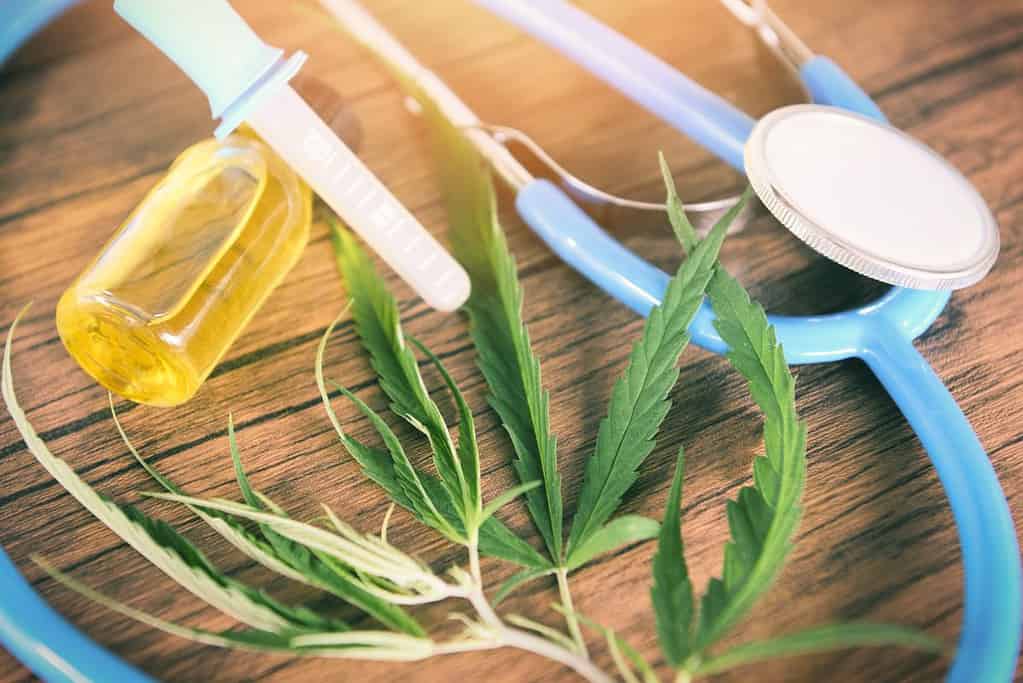
Delta 6 THC and Delta 8 THC are both closely related cannabinoids that possess potential therapeutic applications. They have been gaining attention in recent years for their potential uses in medical conditions, such as those involving pain, anxiety, and chronic pain.
Delta 6 THC is less well-studied compared to Delta 8 THC. However, some preliminary research suggests that both cannabinoids may hold promise for pain relief. Their similarities could indicate they may share similar properties and potential benefits when used for pain management.
In addition to pain relief, Delta 8 THC has shown potential in helping with anxiety disorders. Its psychoactive effects are considered milder than those of Delta 9 THC, potentially making it a useful option for those seeking relief from anxiety without experiencing the sometimes intense and anxiety-provoking effects of higher concentrations of Delta 9 THC.
While the research on Delta 6 THC is still limited, Delta 8 THC has shown promise in addressing various medical conditions, including chronic pain. Its less intense psychoactive effects and potential anti-inflammatory properties make it an attractive option for patients looking to manage and alleviate chronic pain symptoms.
Both Delta 6 THC and Delta 8 THC are available in various forms, such as Dazed8 Atomic Blenz GranDabz Dabs 8g for sale, which contains Delta-9 THCP, Delta-8 THCP, THCA, and Delta-9 THC, offering a blend of cannabinoids that may provide broader relief to users.
In conclusion, Delta 6 THC and Delta 8 THC are cannabinoids with potential medical applications. Further research is needed to fully understand and unlock the benefits these compounds can bring to patients dealing with pain, anxiety, and chronic pain conditions.
Risk and Safety Measures
When comparing Delta 6 THC and Delta 8 THC, it’s essential to understand the potential risks and necessary safety measures for each compound. Delta 8 THC, for example, has gained popularity in recent years for its milder psychoactive effects compared to Delta 9 THC. However, this does not mean it’s devoid of risks or safety concerns.
One of the key risks associated with Delta 8 THC is the potential for contaminants. Since the compound is often extracted from hemp or converted from CBD, the production process may introduce harmful chemicals or impurities. To ensure a safe product, it’s crucial to choose reputable brands that utilize stringent extraction and purification procedures.
Another important aspect of safety is keeping Delta 8 THC products away from children. Due to their resemblance to regular food or candy items (gummies, chocolates), it’s crucial to store the products in a secure location, out of the reach of young ones. Ingestion of Delta 8 THC by children can lead to unwanted psychoactive effects and the need for intervention by poison control centers.
Delta 6 THC, while less well-known and less researched than Delta 8 THC, might also carry some risks. As with any cannabinoid product, it is essential to stay informed of potential contaminants and follow safety guidelines, such as proper storage and responsible usage.
For both Delta 6 THC and Delta 8 THC, moderation is crucial. Some individuals may experience side effects such as dizziness, anxiety, or nausea upon consumption. It is best to start low and gradually increase the dosage to find the optimal amount that provides the desired effects without adverse reactions.
In conclusion, understanding the risks and following safety measures for Delta 6 THC and Delta 8 THC usage is vital. Opt for high-quality, reputable products, store them securely away from children, and practice responsible consumption to minimize potential hazards.
Conclusion
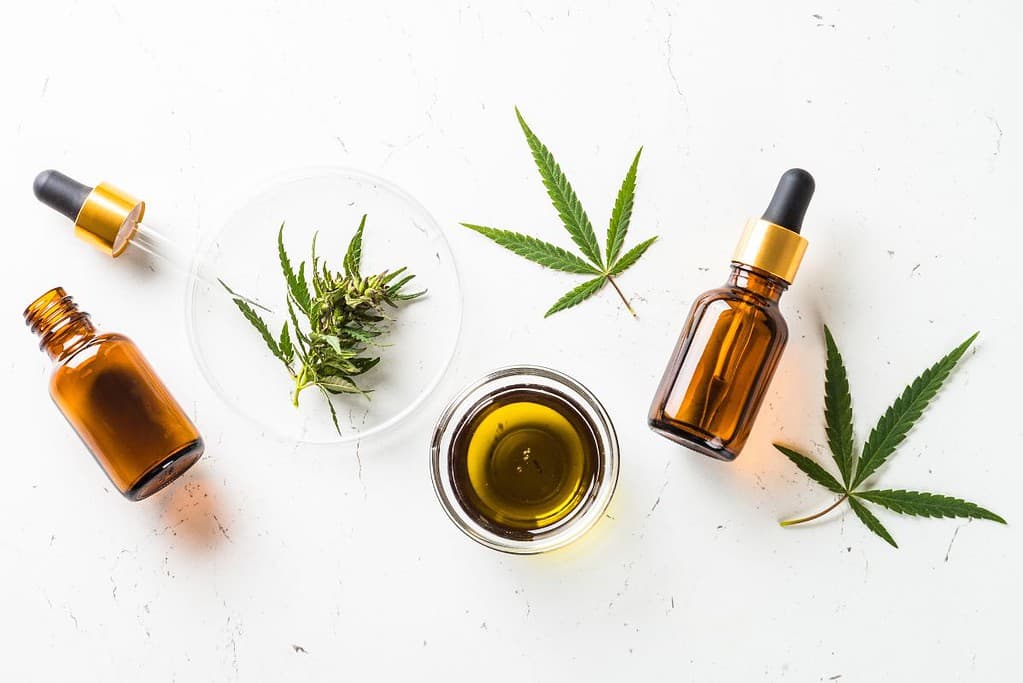
In comparing Delta 6 THC and Delta 8 THC, it’s essential to understand their similarities and differences within the cannabis industry. Both cannabinoids are present in cannabis plants and offer potential therapeutic benefits.
Delta 8 THC, being a more stable compound than its counterpart Delta 9 THC, has garnered interest as a possible alternative for medical and recreational users alike. This stability suggests that it may be a better candidate in producing various cannabinoid-based products. However, the effects of Delta 8 THC on the human body remain under investigation, as the data is still unclear, and more pharmacological studies are needed.
On the other hand, Delta 6 THC is a lesser-known cannabinoid within the cannabis plant. Scientific research on Delta 6 THC is limited, and its potential benefits and effects on the human body are yet to be fully understood. It’s crucial for researchers to explore both Delta 6 THC and Delta 8 THC further to determine their medical and recreational potential fully.
In conclusion, while Delta 8 THC has grown in recognition recently, it’s important to remain cautious and well-informed regarding the potential risks and effects of both Delta 6 THC and Delta 8 THC. As research continues, the cannabis industry and consumers stand to gain valuable insights into these cannabinoids. In the meantime, innovative products like the Exodus Preheat THC-A Live Resin Disposable Vape Pens 5g offer another way for users to explore the world of cannabis concentrates.
Browse popular vape collections:
- Nicotine Disposables
- 2000 Puff Nicotine Disposable Vapes
- 2500 Puff Nicotine Disposable Vapes
- 5000 Puff Nicotine Disposable Vapes
- 6000 Puff Disposable Nicotine Vapes
- 7000 Puff Nicotine Disposable Vapes
- Disposable Vape Deals
- Best Vape Brands
- 8000 Puff Nicotine Disposable Vapes
- 9000 Puff Nicotine Disposable Vapes
- 5% Nicotine Disposable Vapes
- Rechargeable Nicotine Disposable Vapes
- Vape Coils
- Dab Wax Pens
- Dab Wax Pen Battery
- Yocan Vapes
- Vape Cases
Frequently Asked Questions
What are the main differences between Delta 6 and Delta 8 THC?
Delta 6 and Delta 8 THC are both cannabinoids found in the cannabis plant. Delta 8 THC has gained popularity in recent years for its mild psychoactive effects and potential therapeutic benefits1. While there is limited information available about Delta 6 THC, it is believed to be a less common cannabinoid with a unique molecular structure that may have its own set of properties and effects.
How does the potency of Delta 6 compare to Delta 8 THC?
Currently, there is not enough data to accurately compare the potencies of Delta 6 and Delta 8 THC. However, Delta 8 THC is known to be less potent than its more famous counterpart, Delta 9 THC. As research continues, we may gain a better understanding of how Delta 6 compares in terms of potency to Delta 8 and other cannabinoids.
Are the effects of Delta 6 and Delta 8 THC similar?
Given the limited information available on Delta 6 THC, it is challenging to make a definitive comparison between its effects and those of Delta 8 THC. Delta 8 is known for producing milder psychoactive effects compared to Delta 9 THC, and some users report experiencing anxiety relief, improved focus, and relaxation2. More research is needed to fully understand the effects of Delta 6 THC and how they might relate to Delta 8 THC.
What is the legal status of Delta 6 and Delta 8 THC?
Laws regarding the legality of Delta 6 and Delta 8 THC can vary depending on the jurisdiction. Delta 8 THC is typically derived from hemp and is generally considered legal in the United States under the 2018 Farm Bill3. However, some states have implemented stricter regulations on Delta 8 THC, so it’s important to review local laws before purchasing or using these products. The legal status of Delta 6 THC is currently unclear and may depend on its source and extraction methods.
Can Delta 6 THC cause negative experiences like some reports from Delta 8 users?
While some Delta 8 THC users have reported negative experiences such as anxiety, dizziness, and paranoia4, it is unclear if Delta 6 THC may cause similar effects. Information on Delta 6 THC is limited, and individual responses to cannabinoids can vary widely. It’s essential to use caution and start with a low dose when trying any new cannabinoid product.
Which Delta THC type is considered the strongest?
Among the more well-known Delta THCs, Delta 9 is considered the strongest, followed by Delta 8 and Delta 10 THC. These cannabinoids have unique molecular structures and potencies, resulting in different effects. However, the strength of Delta 6 THC in comparison to the others remains an area of research that needs further exploration.
Footnotes
- Harrell, P. T., Morabia, A., Sussan, T. E., & Williams, J. F. (2020). A crowdsourcing survey study on the subjective effects of delta-8-tetrahydrocannabinol relative to delta-9-tetrahydrocannabinol and cannabidiol. Drug and Alcohol Dependence, 220, 108653. ↩
- Shefrin, Alyssa. (2021). Delta-8 THC: Tapping the “Legal” Cannabis Market. euCannabinoid, 4(1), 68–77. ↩
- U.S. Department of Agriculture. (2018). Agriculture Improvement Act of 2018. Retrieved from https://www.usda.gov/agriculture-improvement-act-2018 ↩
- Ozaslan, T., Satala, C., & ElZerrouk, H. (2021). Can you have too much delta-8 tetrahydrocannabinol: A case study since its sale and use was legalized. GRTOEM, 15(1), 106–108. ↩
